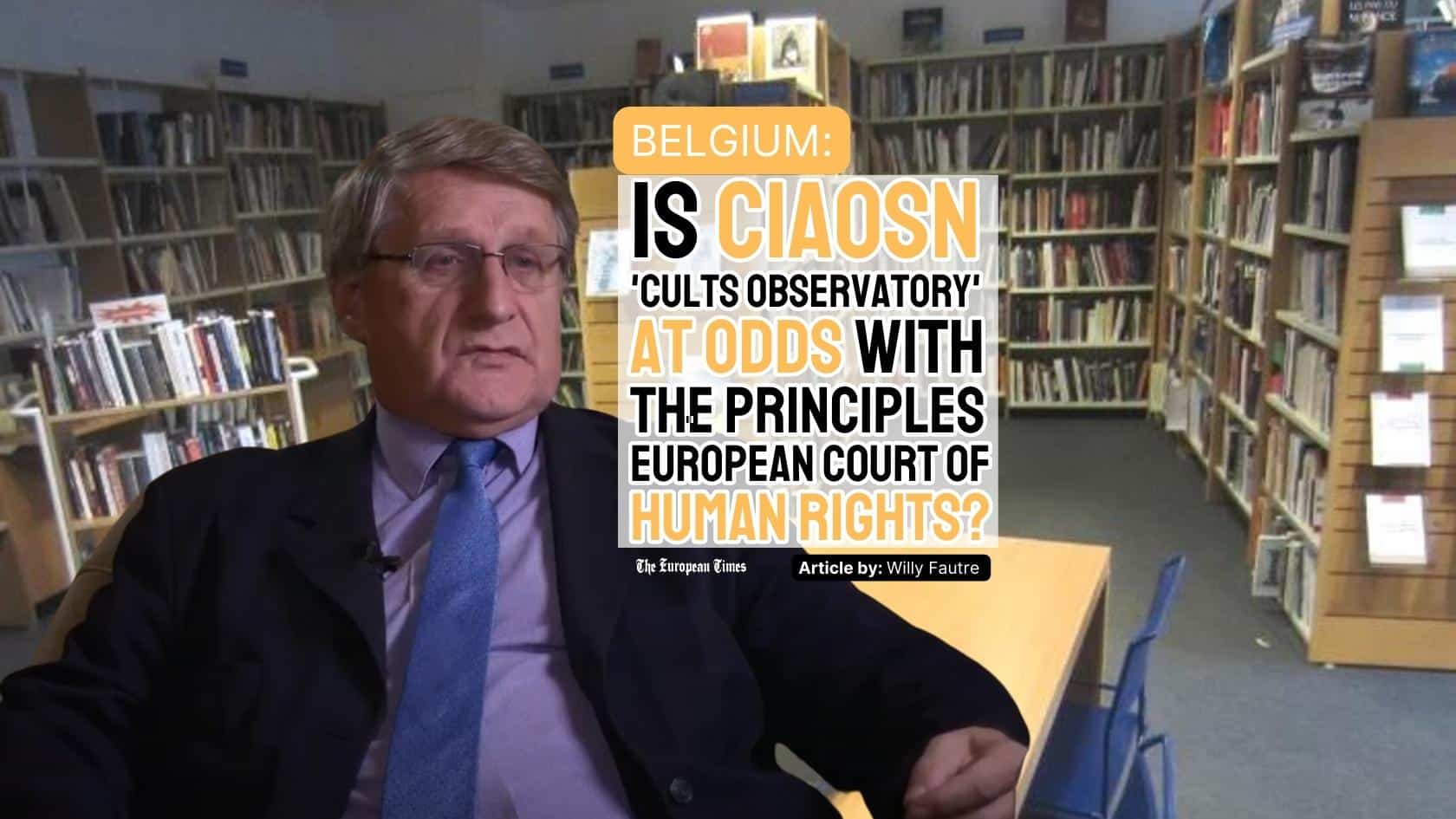The disruption comes as humanitarian needs are at an all-time high after more than 12 years of war and in the wake of the devastating double earthquakes that struck the region in February.
The UN and partners were hoping for a 12-month extension of the mandate to transport aid through the Bab al-Hawa crossing point – a lifeline for four million people in northwest Syria, the last opposition stronghold.
Ambassador Sérgio França Danese of Brazil addresses the Security Council meeting on the situation in Syria.
Rival resolutions
The first draft resolution, tabled by Brazil and Switzerland, called for a nine-month extension and included a paragraph on the expansion of crossline operations, increased funding, enhanced early recovery activities and humanitarian mine action.
Speaking before the vote, Brazilian Ambassador Sérgio França Danese said they “spared no effort to try to achieve a text as consensual as possible.”
Although 13 of the 15 countries in the Council voted in favour of the resolution, it was struck down by a no vote from Russia, one of the five permanent members. China, another permanent member, abstained.
The second resolution for a six-month extension was submitted by Russia, which China supported. Three countries voted against and 10 abstained.
Consensus efforts to continue
The Security Council first established the cross-border mechanism in 2014, initially through four border crossings. Bab al-Hawa is the only one remaining.
Every month, trucks deliver medicines, safe water, food, shelter supplies and other items for some 2.7 million Syrians. Damascus opened up two additional crossings in the aftermath of the earthquakes.
Swiss Ambassador Pascale Baeriswyl said the resolution her country co-sponsored would have assured the continuation of humanitarian assistance by all cross-border and crossline modalities,
“Brazil and Switzerland as co-pen holders are guided by the humanitarian imperative. We will therefore not let this veto cease our tireless efforts to find a solution,” she said.
Russia votes against
In explaining Russia’s vote, Ambassador Vasily Nebenzya said the cross-border mechanism “looks completely anachronistic today”. He highlighted the need to uphold Syria’s sovereignty and territorial integrity.
“Blessing the mechanism within which the terrorists from Idlib will, with impunity, disallow humanitarian assistance into the enclave through crosslines; where Western countries are funding the early recovery and humanitarian projects only on those territories which are not under Government control, and Syria itself is being suffocated with inhumane sanctions, is not something that we’re going to do,” he said.
Ambassador Vassily Nebenzia of the Russian Federation addresses the Security Council meeting on the situation in Syria.
‘A sad moment’
The resolution’s failure represented a sad moment for the Syrian people and the Security Council, “save for one country”, said United States Ambassador Linda Thomas-Greenfield.
“Russia has not lived up to its responsibility as a permanent member of this Council. And it’s beneath the dignity of this body,” she said.
“This is a gross affront to the values we all hold dear to our efforts to advance peace and security, and above all, to the Syrian people who have endured so much needless suffering and violence at the hands of the Assad regime.”
Transition to crossline delivery
After the vote on the Russian draft, China expressed regret that the Council was unable to reach consensus on the renewal of the cross-border mechanism.
“We have all along maintained that humanitarian assistance to Syria should be provided in a way that respects the sovereignty of Syria and the Syrian Government’s ownership,” said Ambassador Jun Zhang.
The pipeline was a temporary arrangement under specific circumstances, he said, adding that “there is a need to speed up the transition to crossline assistance and to phase out the cross-border mechanism over time until its eventual discontinuation.”
Displaced children living in an informal settlement in northwest Syria.
UN chief disappointed
UN Secretary-General António Guterres has voiced his disappointment over the Council’s inability to reach agreement, his Spokesperson said in a statement issued following the meeting.
“UN cross-border assistance remains a veritable lifeline for millions of people in northwest Syria as humanitarian needs have reached an all-time high since the start of the conflict, while the impact of the devastating February earthquakes still acutely felt,” it said.
Mr. Guterres urged Council members to redouble their efforts to support the continued delivery of cross-border assistance to millions in dire need “for the longest possible period.”














